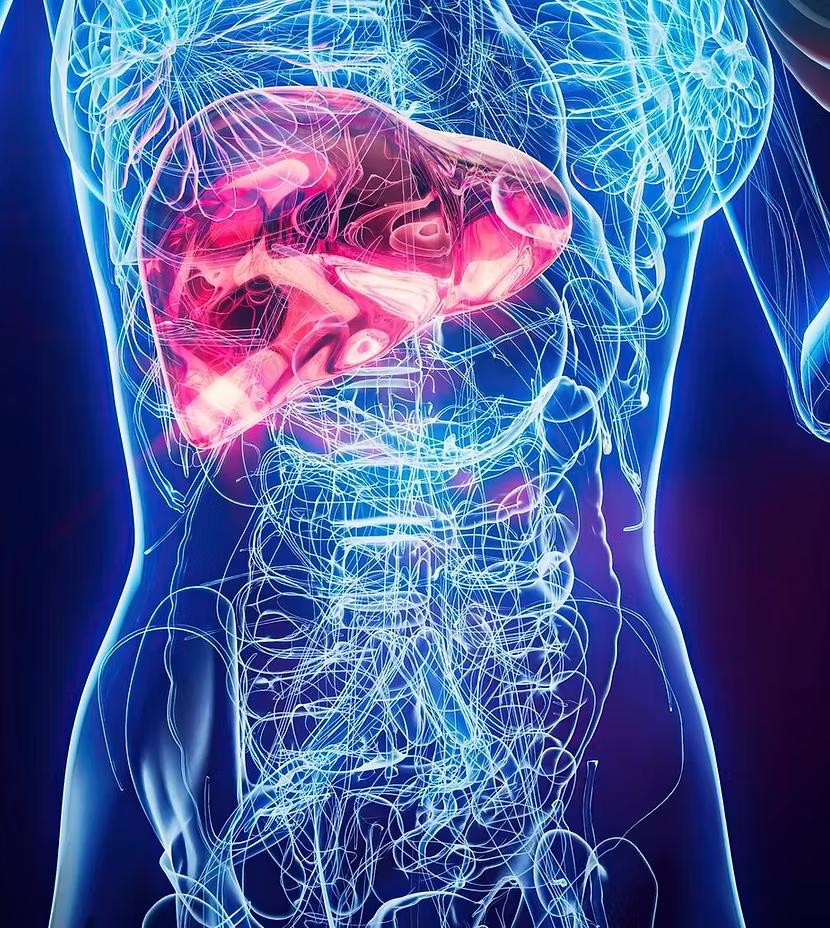Goat liver is a nutrient-dense organ meat that is packed with essential vitamins and minerals. Often considered a delicacy in various cuisines around the world, goat liver offers a range of health benefits when consumed in moderation. However, like other organ meats, there are potential risks associated with its consumption, especially when it is eaten in excess. Understanding the nutritional content, health benefits, and risks of goat liver can help you make informed dietary choices.
Nutrients in Goat Liver
Goat liver is one of the most nutrient-rich foods available. It contains high concentrations of essential vitamins and minerals that support various bodily functions.
Vitamin A:
Goat liver is exceptionally high in vitamin A, which is crucial for vision, immune function, and skin health. Vitamin A also acts as a powerful antioxidant, protecting cells from oxidative damage.
Iron:
Goat liver is a rich source of heme iron, the form of iron that is most easily absorbed by the body. This makes it particularly beneficial for people with iron deficiency anemia or those at risk of low iron levels.
Vitamin B12:
Another vital nutrient found in abundance in goat liver is vitamin B12. This vitamin plays a key role in nerve function, red blood cell formation, and DNA synthesis.
Protein:
Goat liver is a high-quality protein source, providing all the essential amino acids needed for muscle repair, growth, and overall bodily function.
Other B Vitamins:
Goat liver is also rich in other B vitamins such as riboflavin (B2), niacin (B3), and folate (B9), all of which are important for energy metabolism, brain function, and red blood cell production.
Copper and Selenium:
These trace minerals are present in goat liver and contribute to various physiological processes, including immune function, antioxidant defense, and the production of connective tissue.
Health Benefits of Goat Liver
Supports Vision and Skin Health:
The high vitamin A content in goat liver is crucial for maintaining healthy eyesight, particularly night vision. Vitamin A also helps in maintaining the integrity of the skin and mucous membranes, offering protection against infections and skin disorders.
Boosts Energy and Red Blood Cell Production:
Goat liver is a powerhouse of iron and B vitamins, particularly B12, which support red blood cell production and prevent anemia. Consuming goat liver can help combat fatigue and weakness associated with iron or B12 deficiencies.
Strengthens Immune System:
The combination of vitamin A, selenium, and zinc in goat liver supports a healthy immune system by boosting the production of white blood cells, improving antioxidant defenses, and enhancing the body’s ability to fight infections.
Promotes Muscle Growth and Repair:
Goat liver good for health, making it beneficial for muscle repair, growth, and recovery, especially for athletes or individuals engaged in strength training.
Supports Brain and Nervous System Health:
The high levels of B vitamins, particularly B12, help maintain healthy brain function, improve cognitive abilities, and reduce the risk of neurodegenerative diseases.
Potential Risks of Goat Liver Consumption
While goat liver provides numerous health benefits, there are some potential risks, especially if consumed in large amounts.
Vitamin A Toxicity:
Goat liver is extremely rich in vitamin A. While this nutrient is essential for health, excessive intake of vitamin A can lead to hypervitaminosis A, a condition characterized by symptoms such as nausea, dizziness, headaches, and even liver damage. Since liver stores vitamin A, consuming it too frequently can result in toxic levels of this fat-soluble vitamin.
High Cholesterol:
Organ meats, including goat liver, are naturally high in cholesterol. While dietary cholesterol’s role in heart disease has been debated, individuals with specific health conditions, such as hypercholesterolemia or cardiovascular disease, should monitor their intake of cholesterol-rich foods.
Risk of Contaminants:
Like other animal organs, the liver can accumulate toxins, heavy metals, or contaminants depending on the environment in which the animal was raised. It’s essential to source goat liver from reputable suppliers who raise their animals in clean, healthy environments to minimize the risk of ingesting harmful substances.
Gout and Purine Content:
Goat liver, like other organ meats, contains purines, compounds that can be broken down into uric acid in the body. People who are prone to gout or have high levels of uric acid should limit their intake of purine-rich foods to avoid triggering or worsening the condition.
How to Consume Goat Liver Safely
Moderation:
Given the richness of nutrients, especially vitamin A, it’s best to consume goat liver in moderation. Eating it once or twice a week is generally sufficient to gain its health benefits without risking toxicity.
Pair with a Balanced Diet:
Goat liver should be part of a well-rounded diet that includes a variety of other protein sources, vegetables, whole grains, and healthy fats to ensure you are getting a broad spectrum of nutrients.
Source from High-Quality Suppliers:
Ensure that the goat liver you consume comes from animals raised in healthy environments, free from exposure to harmful chemicals or toxins.
Conclusion
Goat liver is an incredibly nutrient-dense food that offers a wealth of health benefits, from boosting immunity and red blood cell production to supporting vision and brain health. However, because it is so rich in vitamin A and cholesterol, it should be consumed in moderation. Paying attention to portion sizes and sourcing high-quality liver can help you reap the benefits of this nutrient-packed food while minimizing potential risks.



